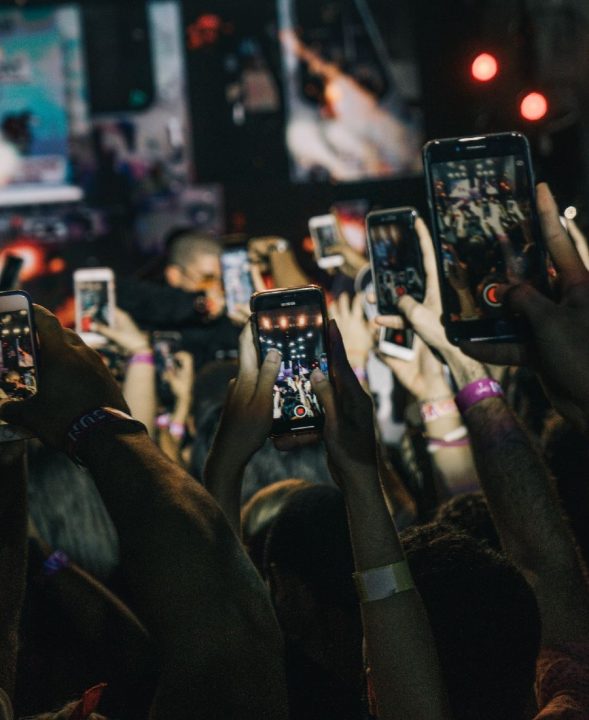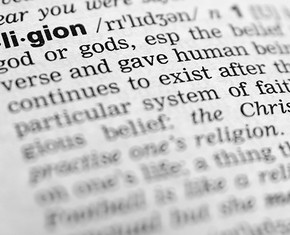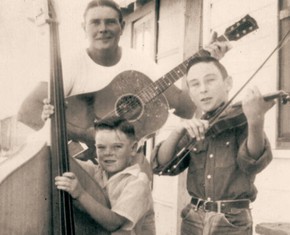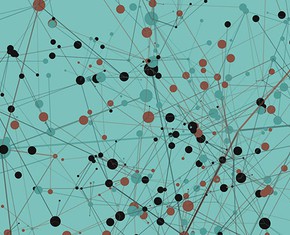The views expressed in our content reflect individual perspectives and do not represent the authoritative views of the Baha'i Faith.
We are all affected by the stories we find in literature, film, or even hear through our families. Stories have the power to contextualize our past and guide us in how we look towards the future. As technology advances, we become better at animating our stories through film and television and enhancing them with music and theatrics. We have even learned to tell stories through social media. With so many ways to share our stories, how can we harness this power in our daily lives for the good of humanity?

If we want to use storytelling for good, we have to employ wisdom and leverage spiritual inspiration. A story can do much more than evoke emotion and admiration: with the added force of distribution through the media, stories can move our world towards peace, justice, or anything we imagine.
But rather than highlighting our ability to rise above selfish impulses, I’ve noticed that the stories I read in the news or on social media often emphasize tribalistic, individualistic, and materialistic values. They also present “objective” information while subtly imposing unhealthy norms.
The office for the Baha’i International Community at the United Nations stated in 1994: “…A great deal of media attention is focused on the seemingly insurmountable differences that divide peoples and nations… The media have a responsibility to help people understand that diversity… can be a powerful resource for social development… The media should highlight the honour of serving humankind.” The messages we receive through stories have the capacity to affect the audience’s motivation, and therefore its spiritual wellness.
I have had many conversations with people in my social circle about the power of attraction — carefully choosing words to bring to life what we hope for. The prophet and founder of the Baha’i Faith, Baha’u’llah, pointed out the significance of the words we choose to use: “One word may be likened unto fire, another unto light, and the influence which both exert is manifest in the world. Therefore an enlightened man of wisdom should primarily speak with words as mild as milk, that the children of men may be nurtured and edified thereby…”
If our media constantly describes the fate of humanity as doomed, or if it over-emphasizes our desire for sex, material comfort, and attention over higher aspirations, could it impact the way that we move through the world? Could the stories we tell be drawing stagnation to our lives?
At first glance a national news headline I recently read seems factual: “Housing Boom: Sales of Million Dollar Homes Double.” But when I reflect on it, it feels like it glorifies material wealth. And when I sit with my feelings about the headline, even the word “boom” feels biased. Why is it a boom when the rich buy homes and not when the house-less acquire stable shelter? In more local news sources, here in New York City there was an article headlined “NYPD Continues Search for Prisoner Who Escaped Near Harlem Hospital“ creating high alert for a person who is living in the neighborhood by labeling the missing person a “prisoner” and using the loaded word “escape.” Harlem is also a historically Black neighborhood, so whether explicitly stated or not, the article sets an expectation in the readers’ minds about the danger of Black neighborhoods.
It is obviously deeply essential that our news covers the hardship that is a reality in our society today, but so many of us get done taking in the news with a feeling of despair. In order to maintain the energy to even attempt to improve the world around us, it is also helpful to have an awareness of the constructive things happening in our communities and in our world at large. Understanding the work and the expertise being developed to address the looming effects of global warming — or stories of youth coming together to create solutions for unrest in their communities — are examples of things that often left uncovered in the stories we read.
Baha’u’llah also wrote that journalists should be “purged from the promptings of evil passions and desires and be attired with the raiment of justice and equity.” This quote could be applied to storytellers in all shapes and forms, as we all might navigate “evil passions and desires,” such as self-focused desire for fame, money, or power.
When telling and listening to stories in our daily lives, we have to recognize the power of each word we hear and speak. We all have a potent ability to shift the world around us through storytelling rooted in honesty, genuineness, and humility.
We can use the power of each word to dismantle what is problematic and wrong and build up what is noble and healthy.
















Comments
Sign in or create an account
Continue with Googleor